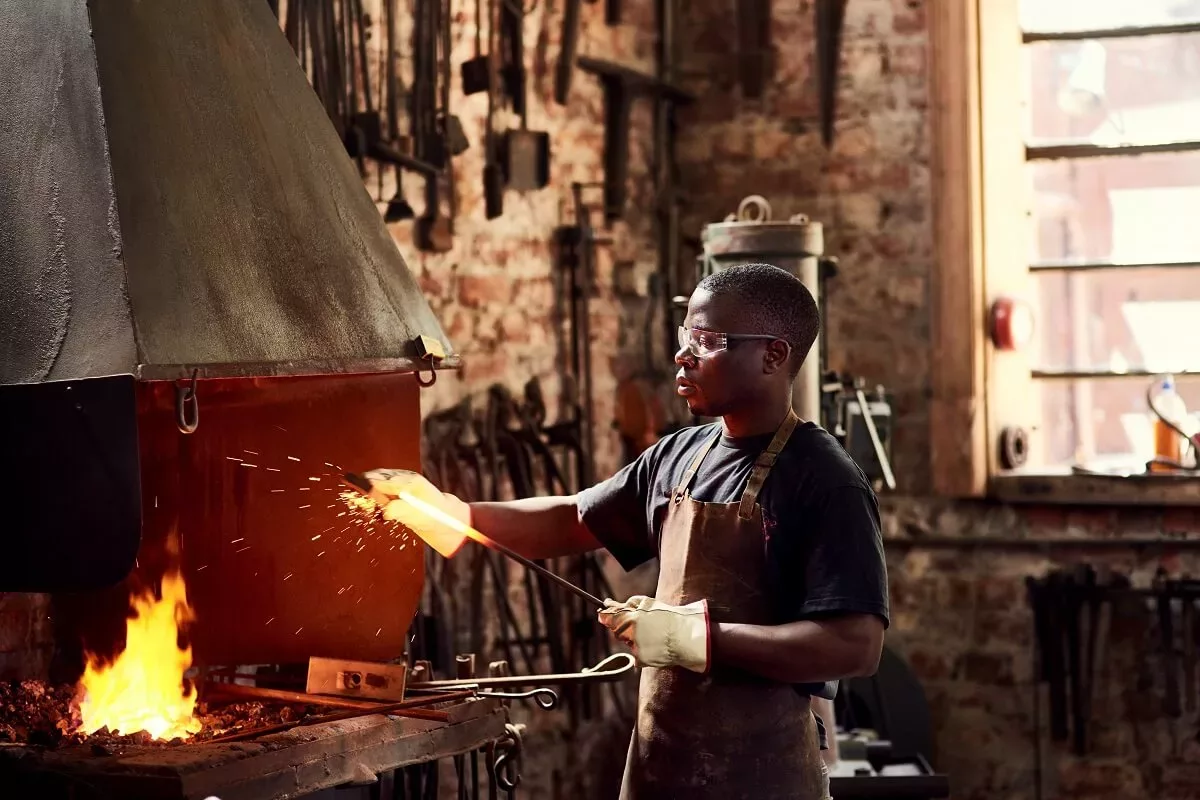Welding is a skilled trade that plays a crucial role in various industries, including manufacturing, construction, and repair. In Canada, there is a consistent demand for skilled welders, making it an attractive career option. In this article, we will explore welder jobs available in Canada, including their working hours, job description, ideal requirements, pay range, and address frequently asked questions to provide valuable insights for those considering a career in welding.
Welder Jobs in Canada: Working Hours, Job Description, and Ideal Requirements
- Working Hours: Welders in Canada typically work full-time hours, which commonly amount to 40 hours per week. However, depending on project deadlines or industry demands, overtime may be required. Some welders also work in shifts, especially in manufacturing or maintenance roles that operate around the clock.
- Job Description: Welders are responsible for joining metal parts together using various welding techniques, such as arc welding, gas welding, or laser welding. Their tasks include:
- Reading and interpreting blueprints, drawings, or specifications to determine welding requirements.
- Preparing metal surfaces by cleaning, grinding, or cutting materials.
- Setting up and operating welding equipment and machinery.
- Performing welds according to specifications, ensuring proper penetration and structural integrity.
- Inspecting welded joints for quality and making necessary repairs or adjustments.
- Following safety protocols and using protective equipment to prevent accidents or injuries.
- Ideal Requirements: To excel as a welder in Canada, individuals should meet the following ideal requirements:
- Completion of a welding program from a recognized trade school or vocational institution.
- Proficiency in various welding techniques and knowledge of different welding materials and processes.
- Ability to read and interpret technical drawings, blueprints, and welding symbols.
- Familiarity with welding equipment, tools, and safety procedures.
- Strong attention to detail and precision in workmanship.
- Physical strength and dexterity to handle equipment and materials.
- Problem-solving skills to troubleshoot welding issues and make necessary adjustments.
- Effective communication skills to collaborate with team members and understand project requirements.
- Pay Range: The pay range for welders in Canada can vary based on factors such as experience, location, industry, and specialization. On average, welders can earn between $40,000 and $80,000 or more per year. However, these figures can vary significantly depending on individual circumstances and market conditions.
Frequently Asked Questions (FAQs):
Q1: How do I become a welder in Canada?
A: To become a welder in Canada, you can start by completing a welding program at a trade school or vocational institution. After acquiring the necessary theoretical knowledge and practical skills, you can pursue welding certifications through recognized organizations. Obtaining certifications demonstrates your competency and can enhance job prospects.
Q2: Are there opportunities for specialization within welding?
A: Yes, there are opportunities for specialization within the welding field. Some common areas of specialization include structural welding, pipe welding, aerospace welding, underwater welding, and robotic welding. Specializing in a specific area can lead to higher-paying job opportunities and career advancement.
Q3: Is welding a physically demanding job?
A: Yes, welding can be physically demanding as it often involves standing for long periods, working in various positions, and handling heavy materials and equipment. It is important for welders to maintain good physical fitness and follow proper safety practices to minimize the risk of strain or injury.
Q4: What is the job outlook for welders in Canada?
A: The job outlook for welders in Canada is generally positive. With ongoing construction projects, infrastructure development, and the need for repairs and maintenance, there is a consistent demand for skilled welders across various industries.
Conclusion:
Welder jobs in Canada offer promising career prospects for individuals interested in the skilled trades. By understanding the working hours, job description, ideal requirements, and potential pay range, aspiring welders can better prepare for success in this field. Obtaining formal welding education, gaining practical experience, and continuously improving welding skills contribute to a fulfilling and rewarding career in welding.

